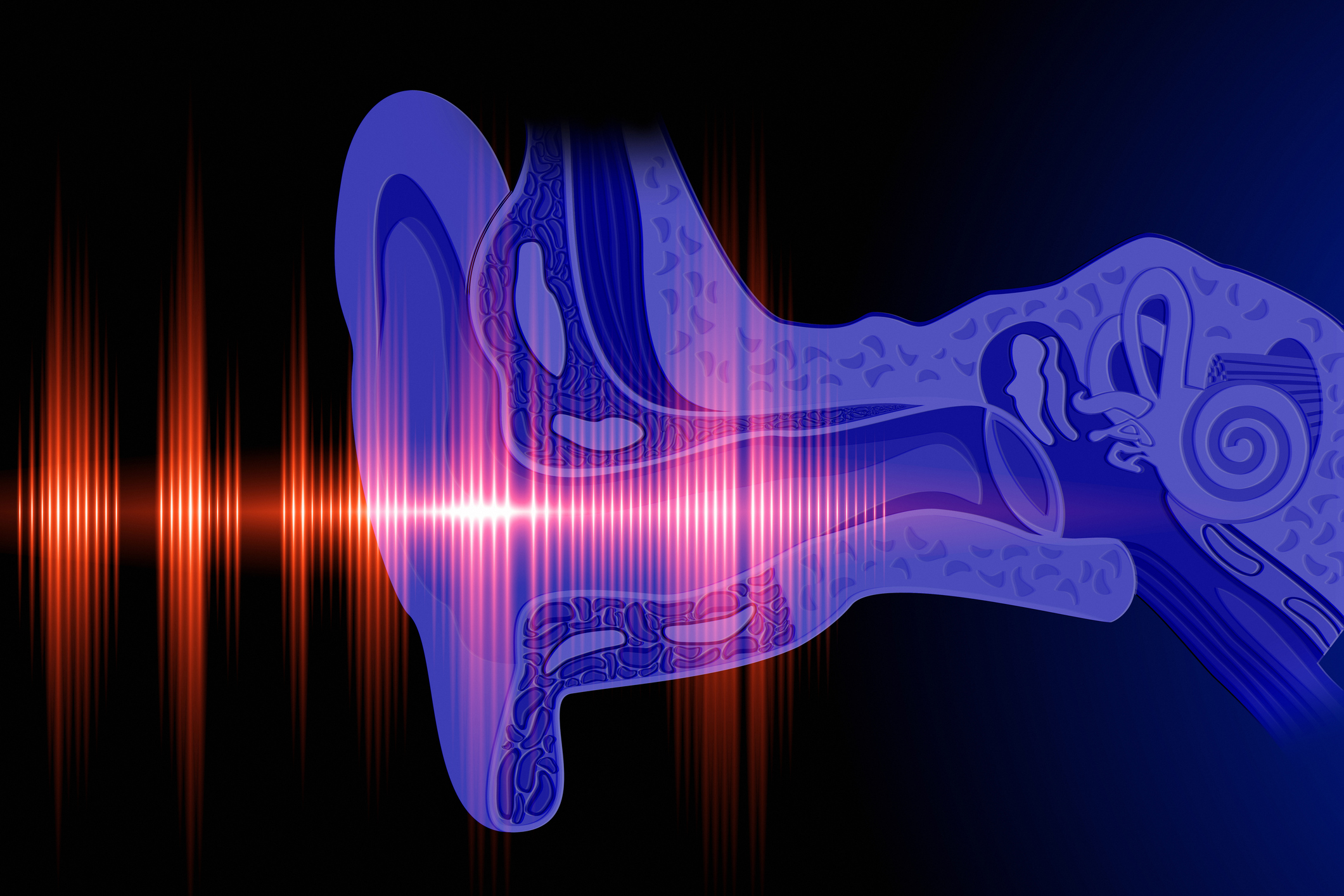Tag: Research
-

Identifying Mechanisms of Methylation in Stem Cells
Northwestern Medicine scientists identified critical regulatory processes that govern differentiation in embryonic stem cells.
-

New Tool to Create Hearing Cells Lost in Aging
Northwestern Medicine scientists have discovered a master gene that programs ear hair cells’ development, overcoming a major hurdle towards restoring hearing.
-

Northwestern Receives Distinguished Fellowship to Train Movement Disorder Clinician-Investigator
The Michael J. Fox Foundation for Parkinson’s Research has chosen Northwestern to receive an Edmond J. Safra Fellowship in Movement Disorders to train a movement disorder clinician-investigator.
-

Transitional Care Practice Reduces Costs
A transitional care practice at Northwestern Memorial Hospital helped reduce healthcare costs compared to traditional discharge services, according to a Northwestern Medicine study.
-

DGP Student Investigates Sex Differences in Muscle Performance from Glucocorticoids
Isabella Salamone, an eighth-year student in the Driskill Graduate Program in Life Sciences, was lead author of a study published in the Journal of Clinical Investigation, which found that glucocorticoid steroids improved muscle performance through distinct, sex-specific molecular pathways.
-

Almost Half of Heart Failure Patients Have Uncontrolled Hypertension and Diabetes
A new Northwestern Medicine study has found almost half of U.S. adults with heart failure have poorly controlled hypertension and diabetes.
-

Regulator of Cancer ‘Stemness’ Discovered
The protein FOXK2 promotes survival of cancer stem cells in ovarian cancer, according to a Northwestern Medicine study.
-

Antipsychotics During Pregnancy Don’t Increase Risk of Neurodevelopmental Disorders
Children born to women who took antipsychotic medications later in their pregnancy did not show increased risk of neurodevelopmental disorders, according to a recent study.
-

Northwestern Scientist Takes Top Honors from Clinical Research Forum
Robert Kushner, MD, received the prestigious Herbert Pardes Clinical Research Excellence Award from the Clinical Research Forum for a study published in NEJM.
-

Salt Substitute is Cost-Effective for Prevention
A salt substitute that contains less sodium was a cost-effective intervention for prevention of stroke and improved quality of life, according to a recent study.






